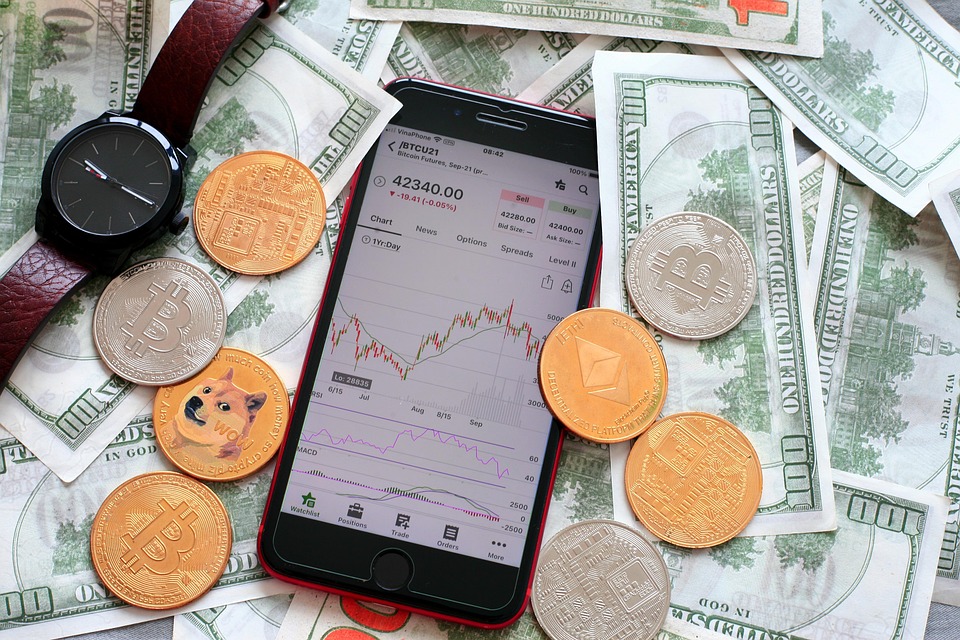The Rise of AI in Trading: How Technology is Shaping the Future of Investing
The financial markets have always been a hotbed for innovation, and in recent years, the rise of artificial intelligence (AI) has transformed the landscape of trading and investing. As technology continues to evolve, AI is becoming an indispensable tool for traders and investors alike, reshaping how decisions are made and strategies are developed. This article explores the impact of AI on trading, the benefits it offers, and the challenges it presents.
The Evolution of Trading Technology
Historically, trading was a manual process, reliant on human intuition and experience. However, with the advent of computers and the internet, trading began to shift towards automation. The introduction of algorithmic trading in the early 2000s marked a significant turning point, allowing traders to execute orders at lightning speed based on predefined criteria. Today, AI takes this automation a step further by incorporating machine learning, natural language processing, and predictive analytics into trading strategies.
How AI is Transforming Trading Strategies
AI algorithms can analyze vast amounts of data at unprecedented speeds, identifying patterns and trends that would be impossible for human traders to detect. This capability allows for more informed decision-making and the development of sophisticated trading strategies. Here are some ways AI is transforming trading:
1. **Data Analysis**: AI can process and analyze structured and unstructured data from various sources, including news articles, social media, and financial reports. This comprehensive analysis helps traders gauge market sentiment and make data-driven decisions.
2. **Predictive Analytics**: Machine learning models can predict future price movements based on historical data. By identifying correlations and trends, AI can provide insights into potential market shifts, enabling traders to capitalize on opportunities before they arise.
3. **Algorithmic Trading**: AI-powered algorithms can execute trades automatically based on predefined criteria, optimizing entry and exit points. This reduces the emotional bias that often affects human traders and allows for more disciplined trading.
4. **Risk Management**: AI can enhance risk management by analyzing market conditions and adjusting trading strategies in real-time. This adaptability helps traders mitigate losses and protect their investments.
The Benefits of AI in Trading
The integration of AI into trading offers numerous benefits:
– **Increased Efficiency**: AI can process and analyze data much faster than humans, allowing for quicker decision-making and execution of trades.
– **Enhanced Accuracy**: By leveraging advanced algorithms, AI can reduce the likelihood of human error, leading to more accurate predictions and better trading outcomes.
– **Cost Reduction**: Automating trading processes can lower operational costs, as fewer human resources are needed to manage trades.
– **24/7 Trading**: AI systems can operate around the clock, taking advantage of global market opportunities without the limitations of human traders’ working hours.
Challenges and Considerations
Despite the many advantages, the rise of AI in trading also presents challenges:
– **Market Volatility**: AI algorithms can sometimes exacerbate market volatility, particularly during times of uncertainty. Rapid trading decisions based on AI predictions can lead to sudden price swings.
– **Data Quality**: The effectiveness of AI relies heavily on the quality of the data it analyzes. Inaccurate or biased data can lead to flawed predictions and poor trading decisions.
– **Regulatory Concerns**: As AI becomes more prevalent in trading, regulatory bodies are grappling with how to oversee its use. Ensuring transparency and accountability in AI-driven trading practices is essential to maintain market integrity.
– **Job Displacement**: The automation of trading processes raises concerns about job displacement in the financial sector. While AI can enhance efficiency, it may also reduce the need for human traders.
The Future of AI in Trading
As AI technology continues to advance, its role in trading is expected to grow. The future of investing will likely see a greater reliance on AI-driven tools and strategies, enabling traders to navigate increasingly complex markets. However, it is crucial for market participants to remain vigilant about the ethical implications and potential risks associated with AI in trading.
In conclusion, the rise of AI in trading is reshaping the future of investing, offering unprecedented opportunities for efficiency, accuracy, and data-driven decision-making. As technology evolves, embracing AI while addressing its challenges will be key to harnessing its full potential in the financial markets.




